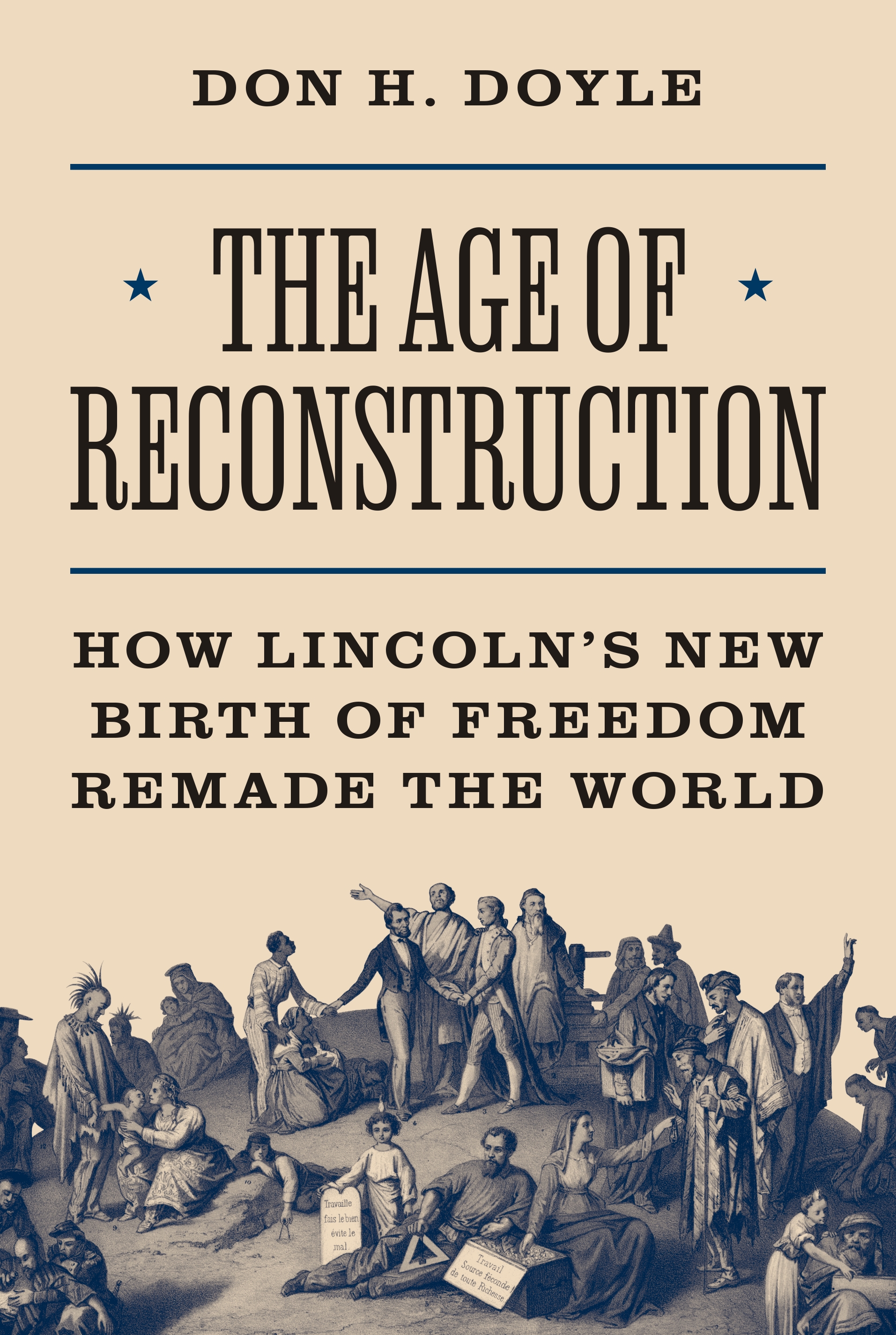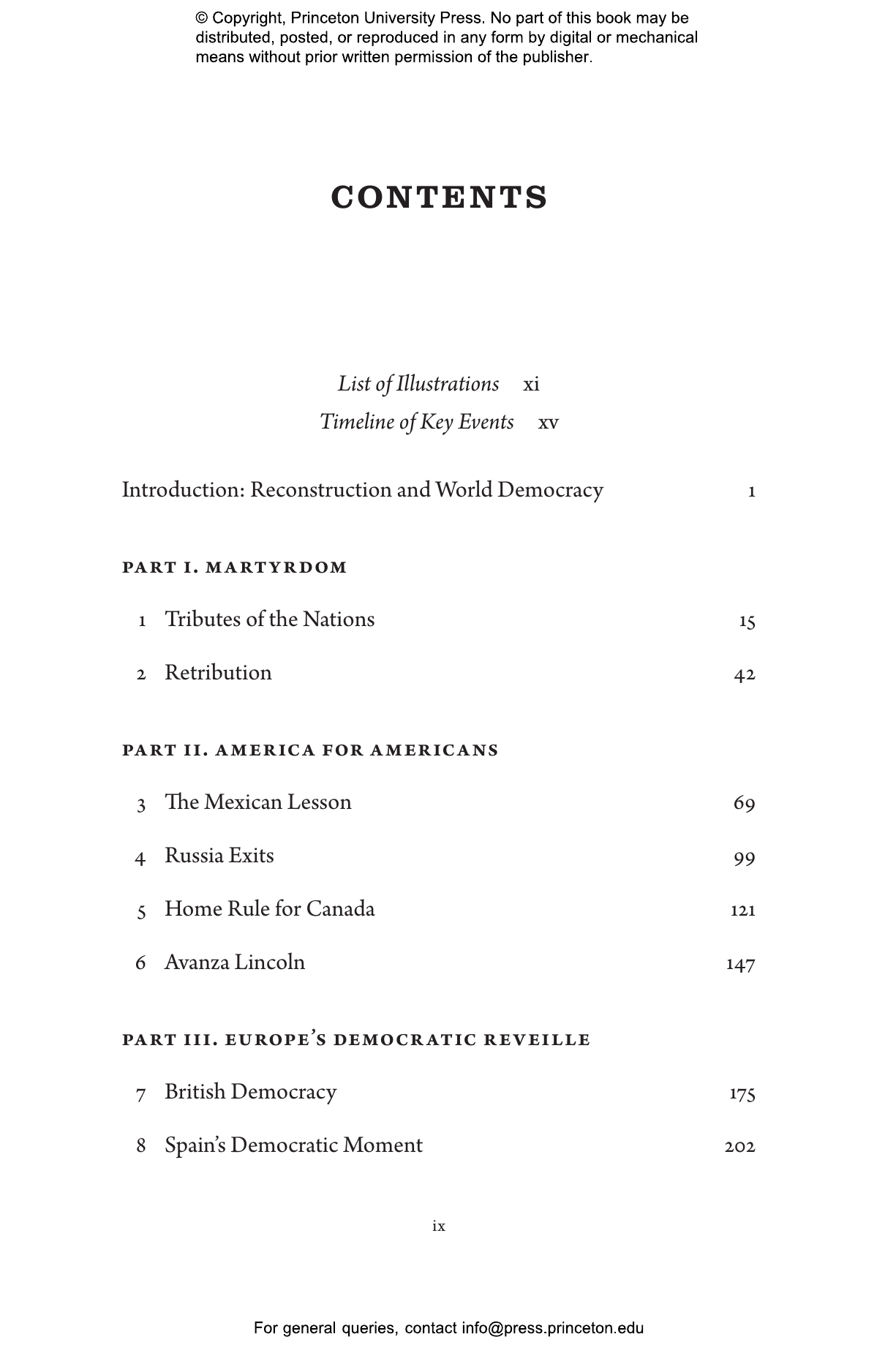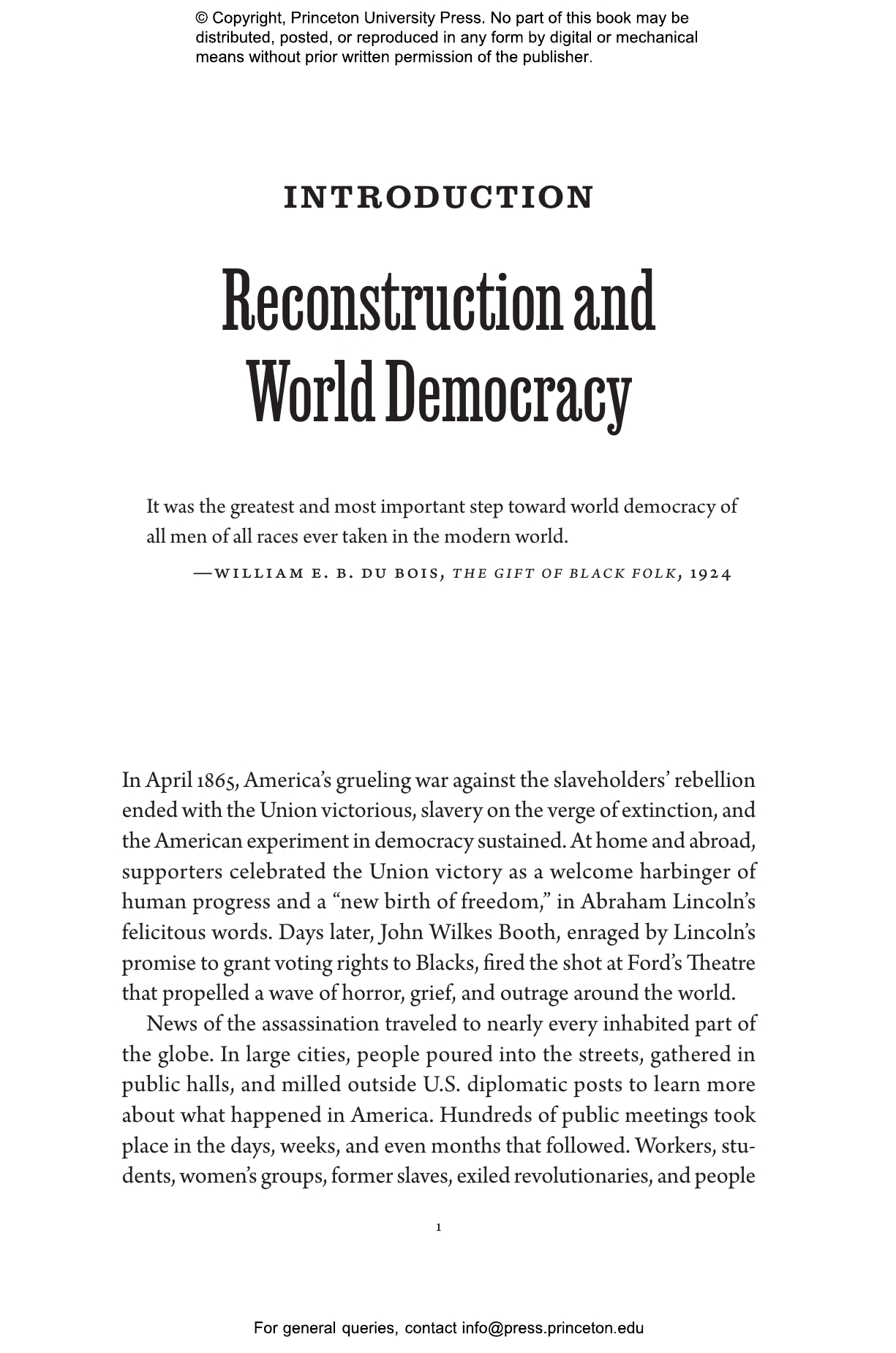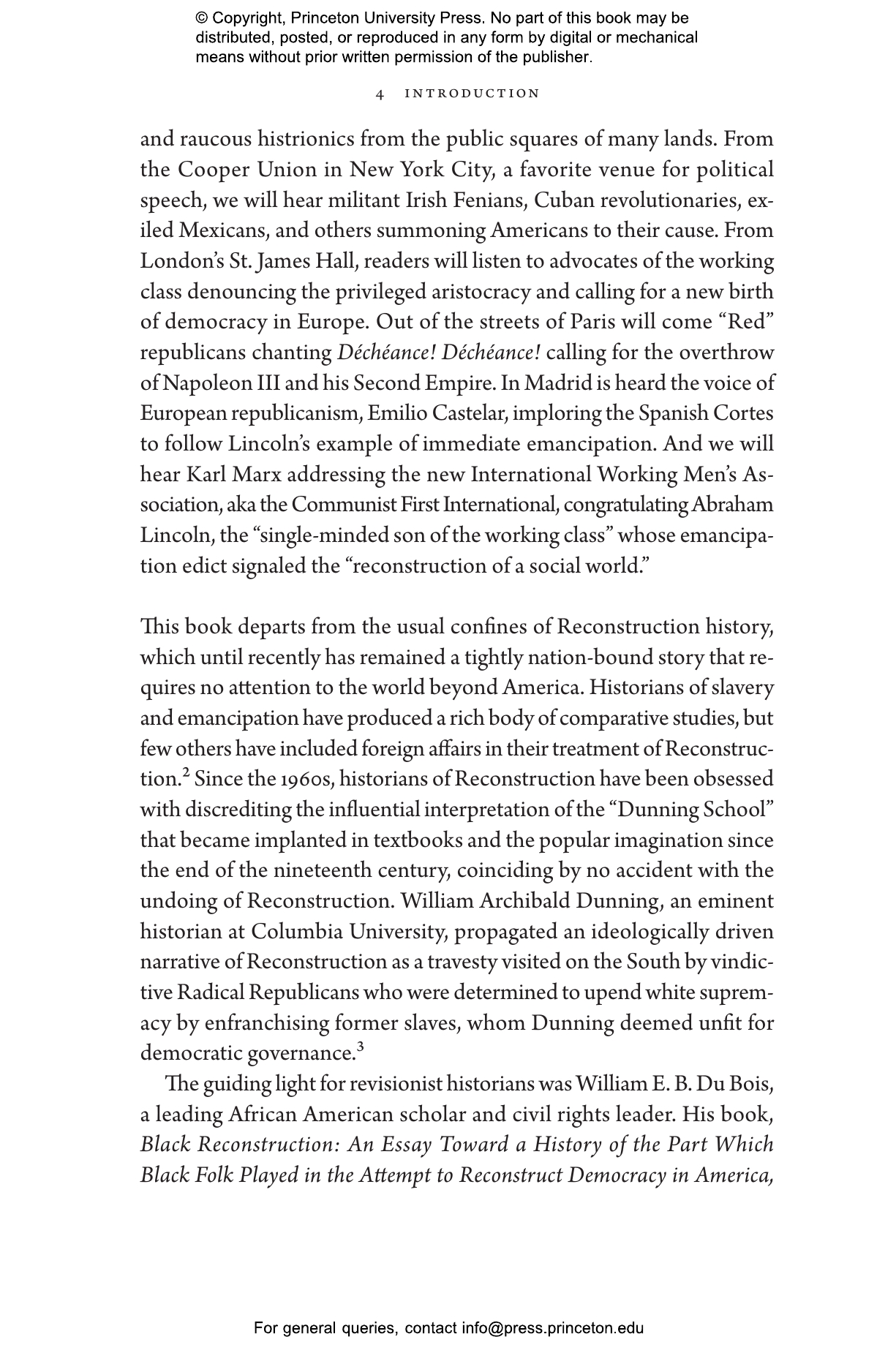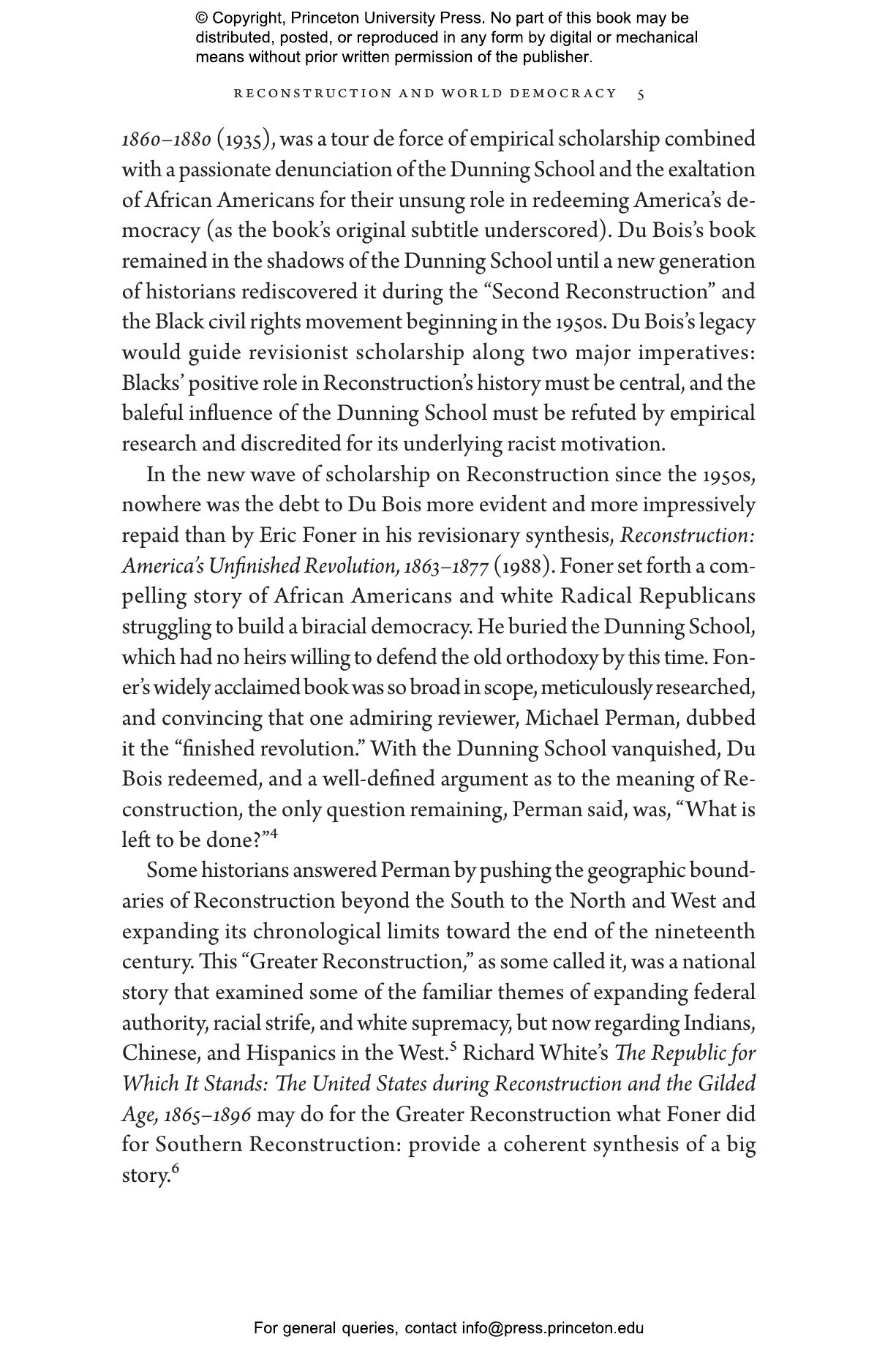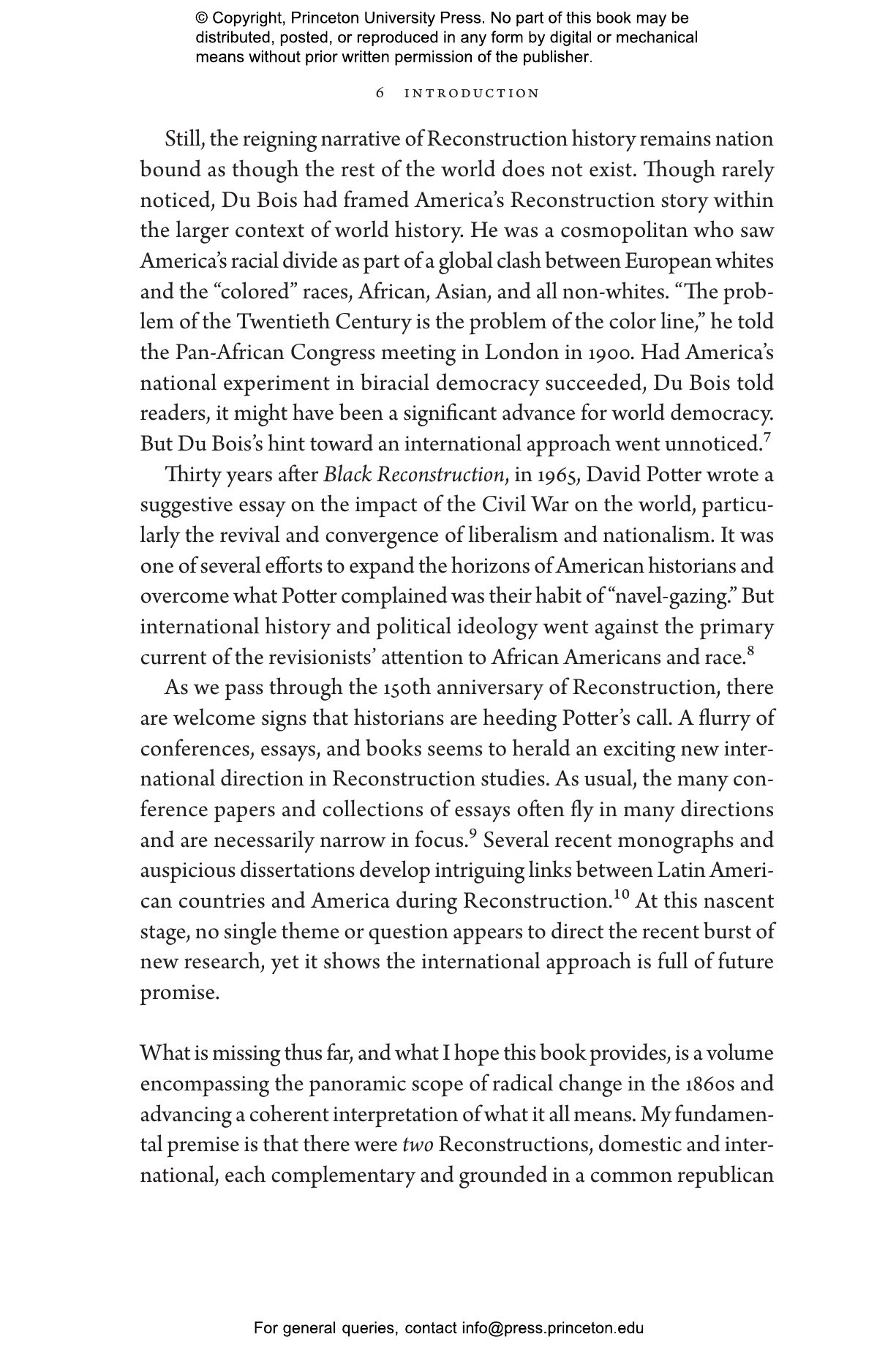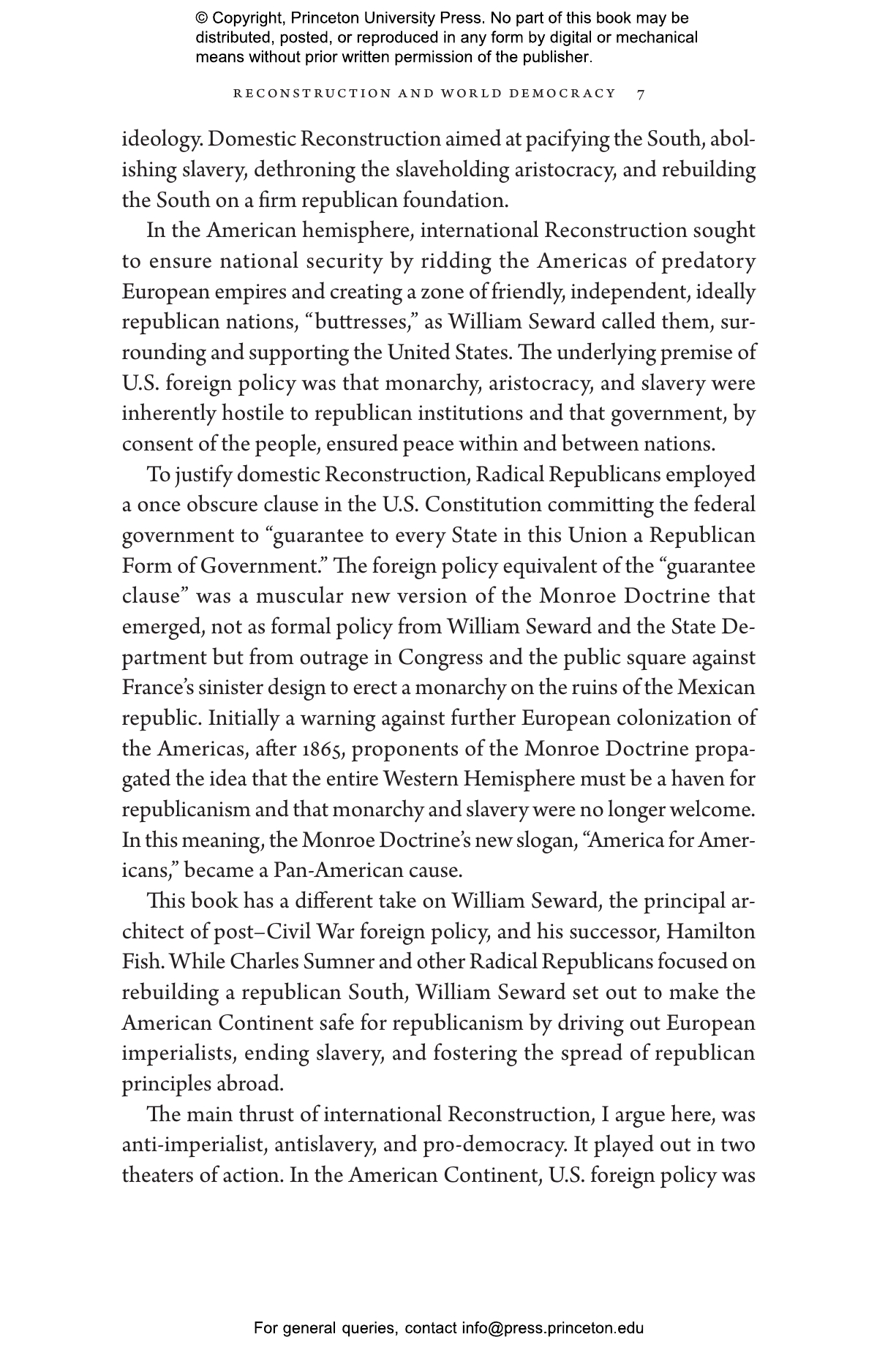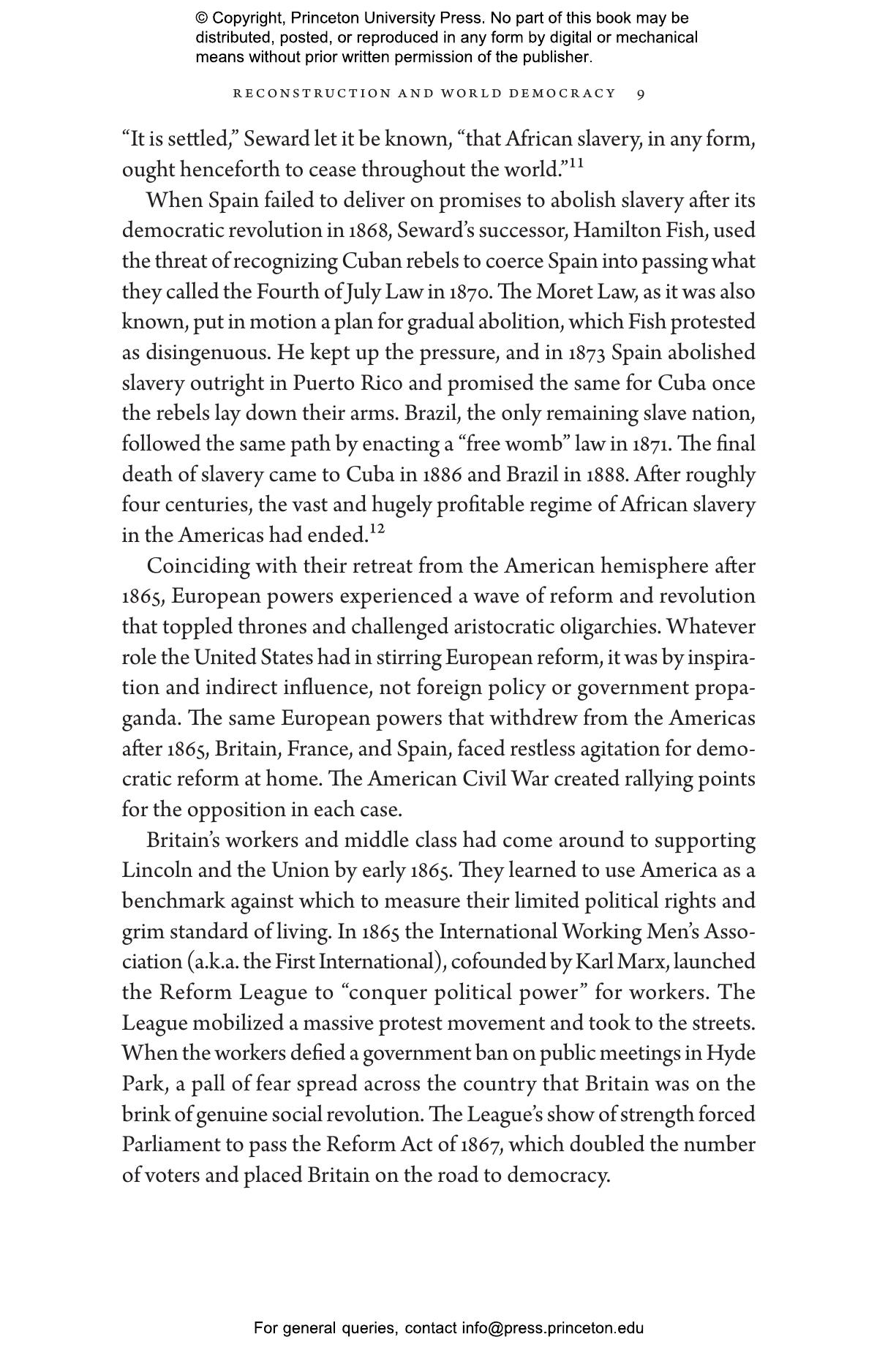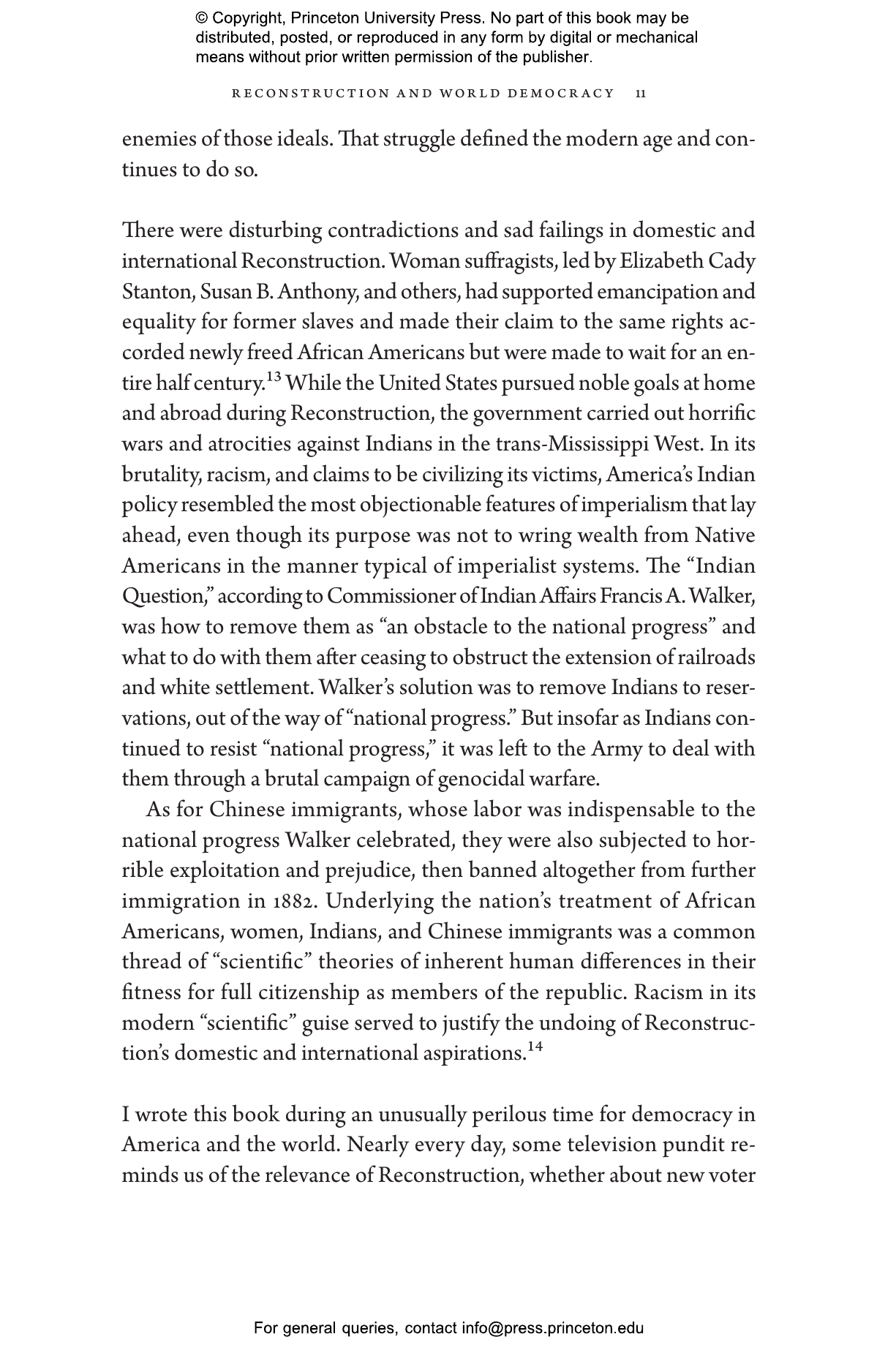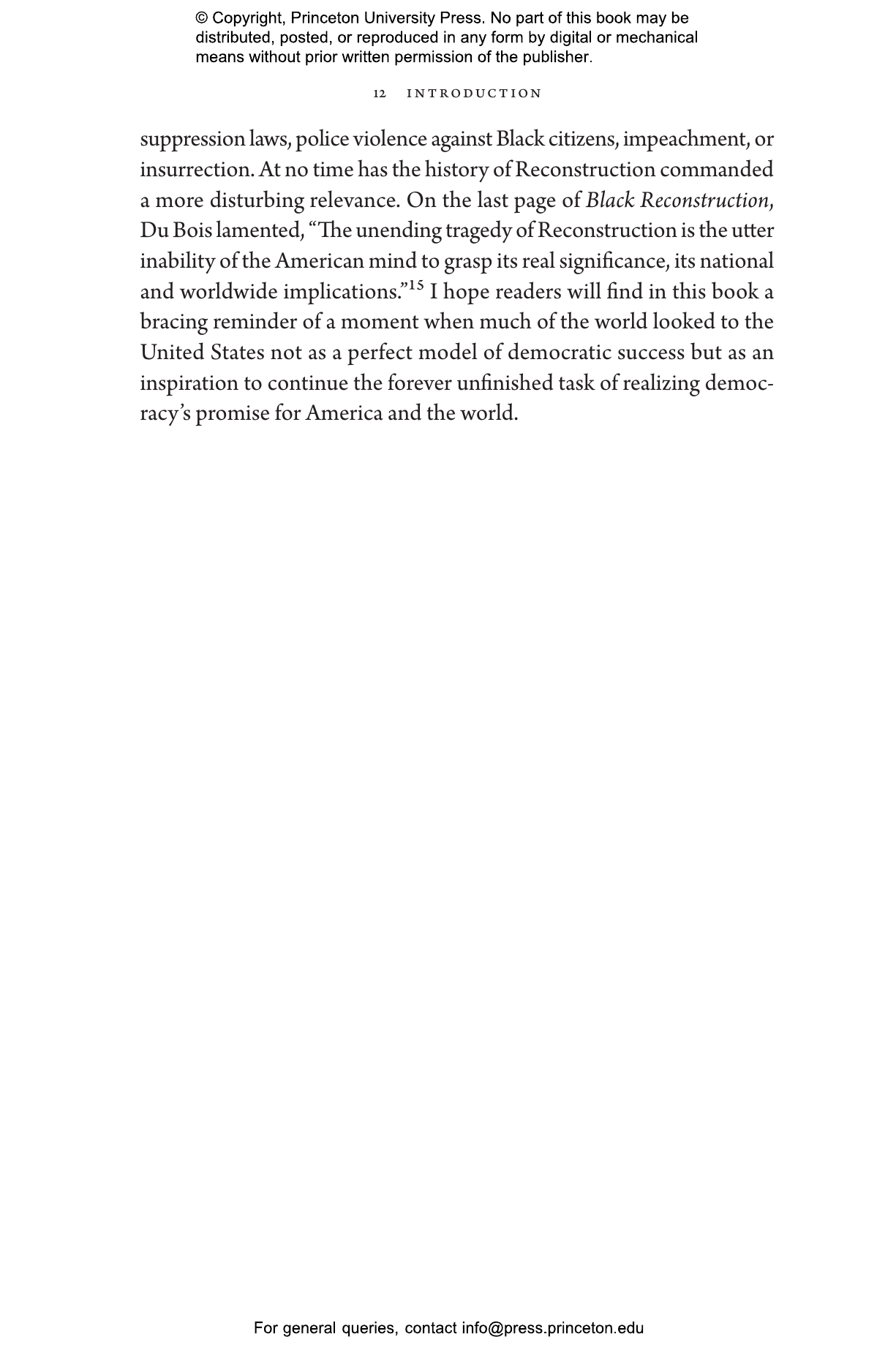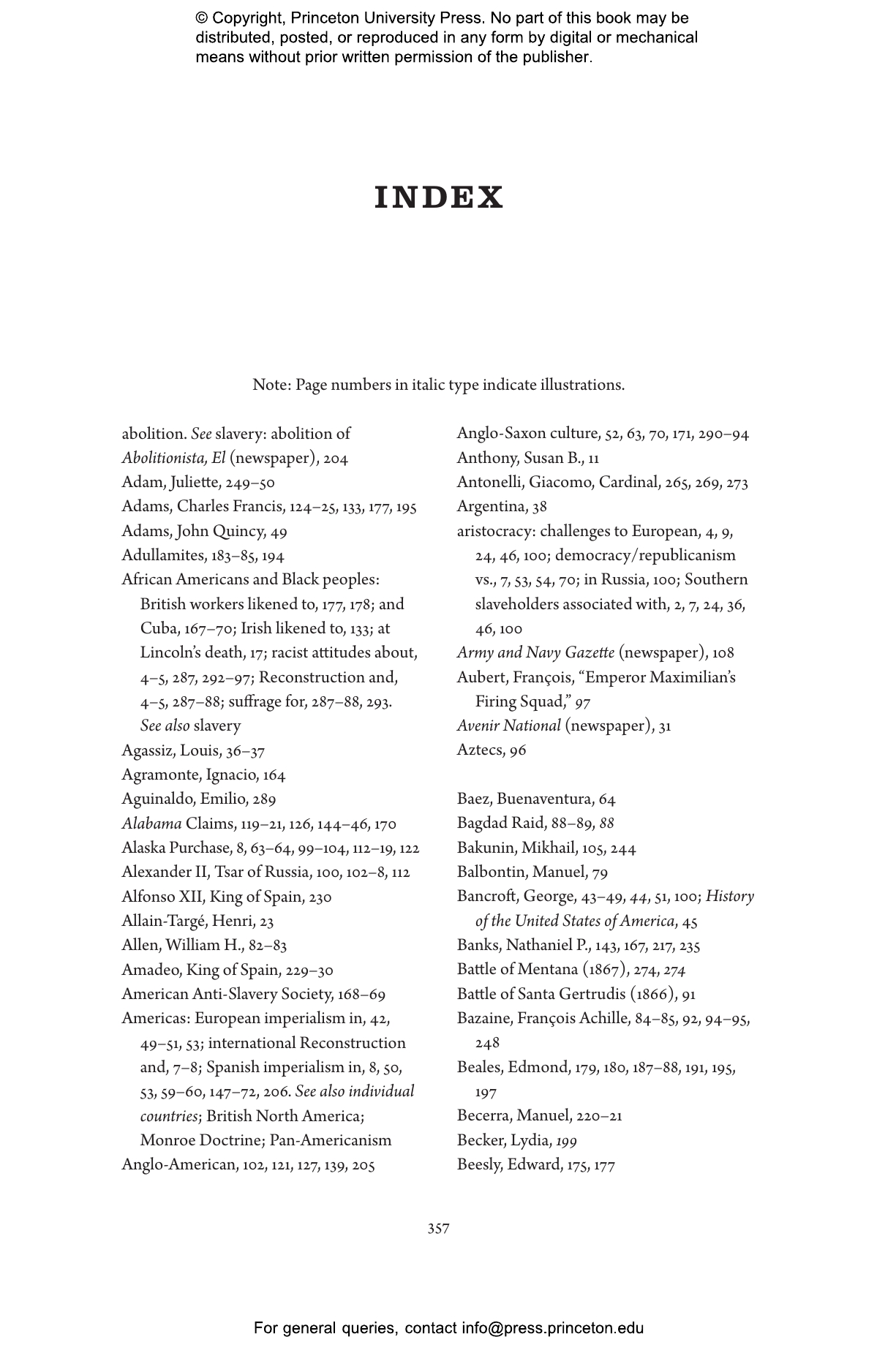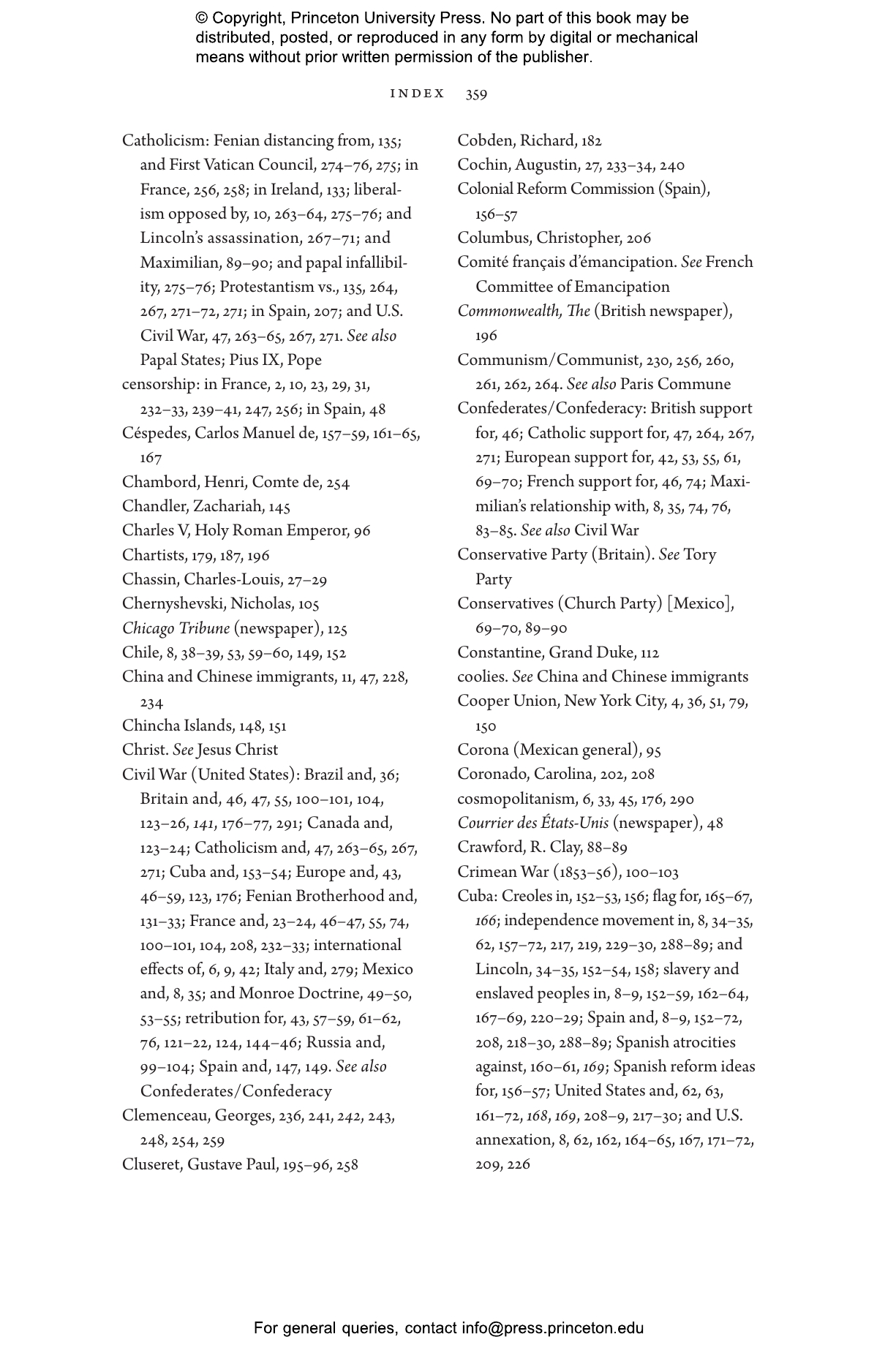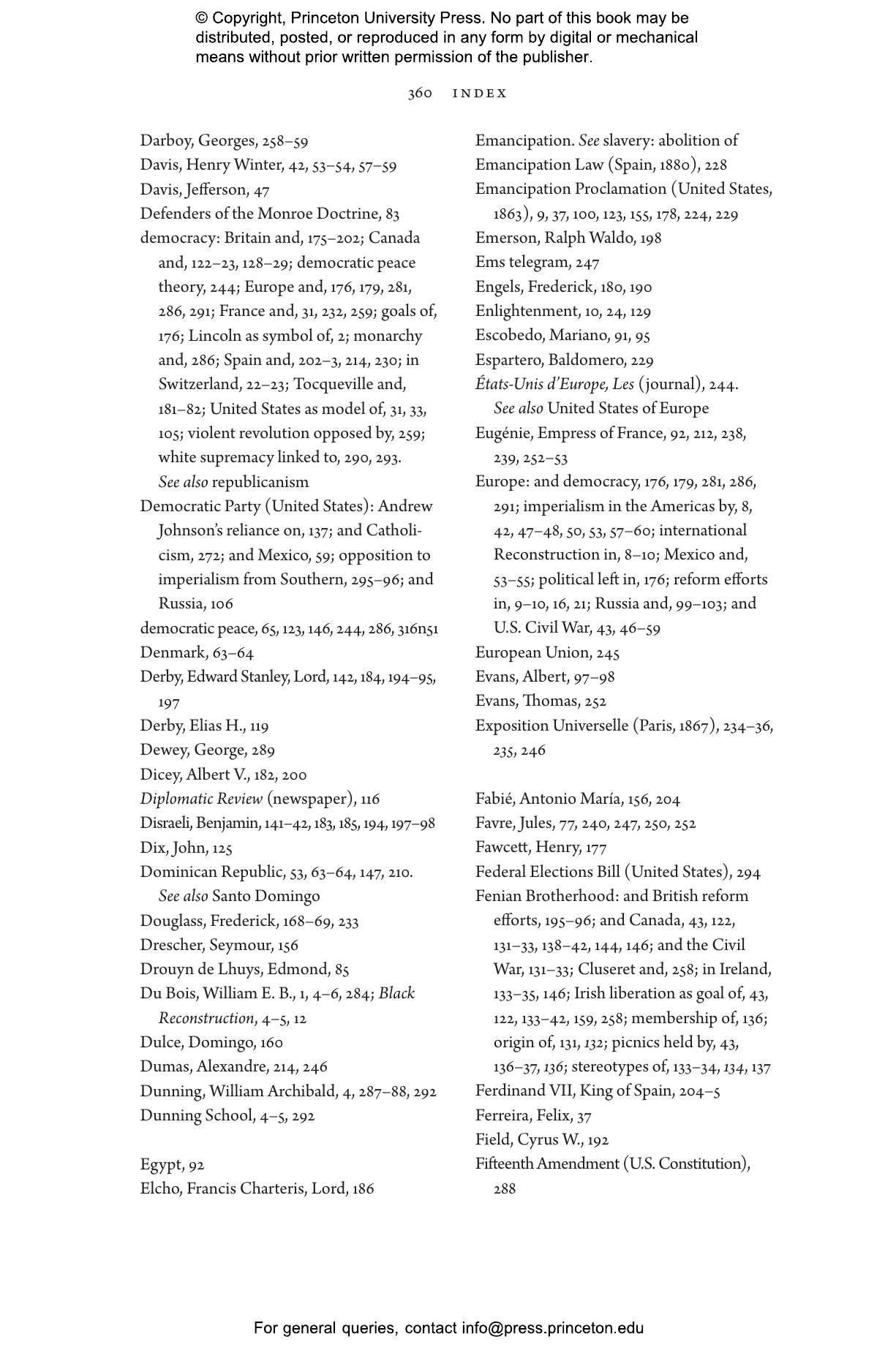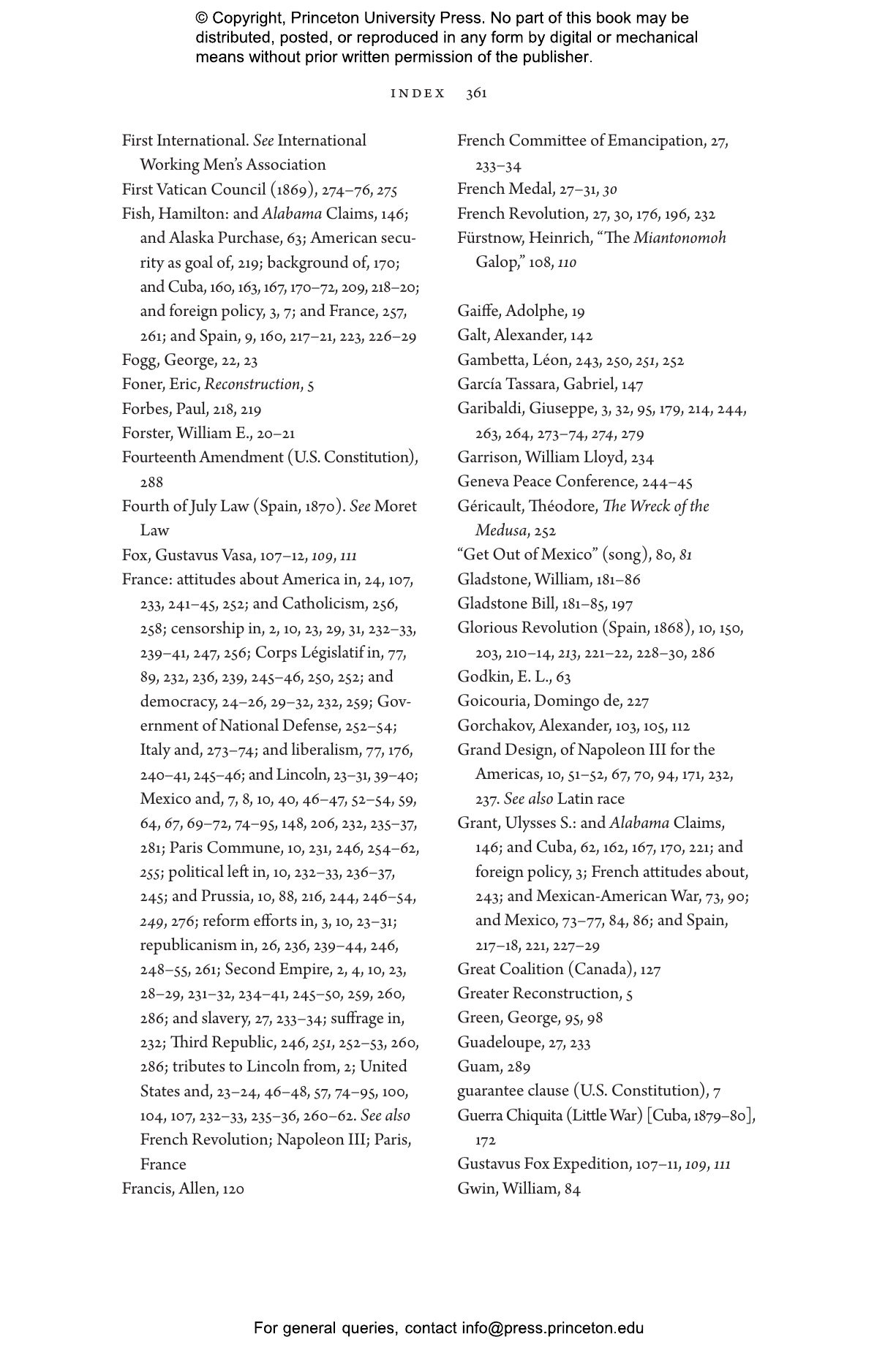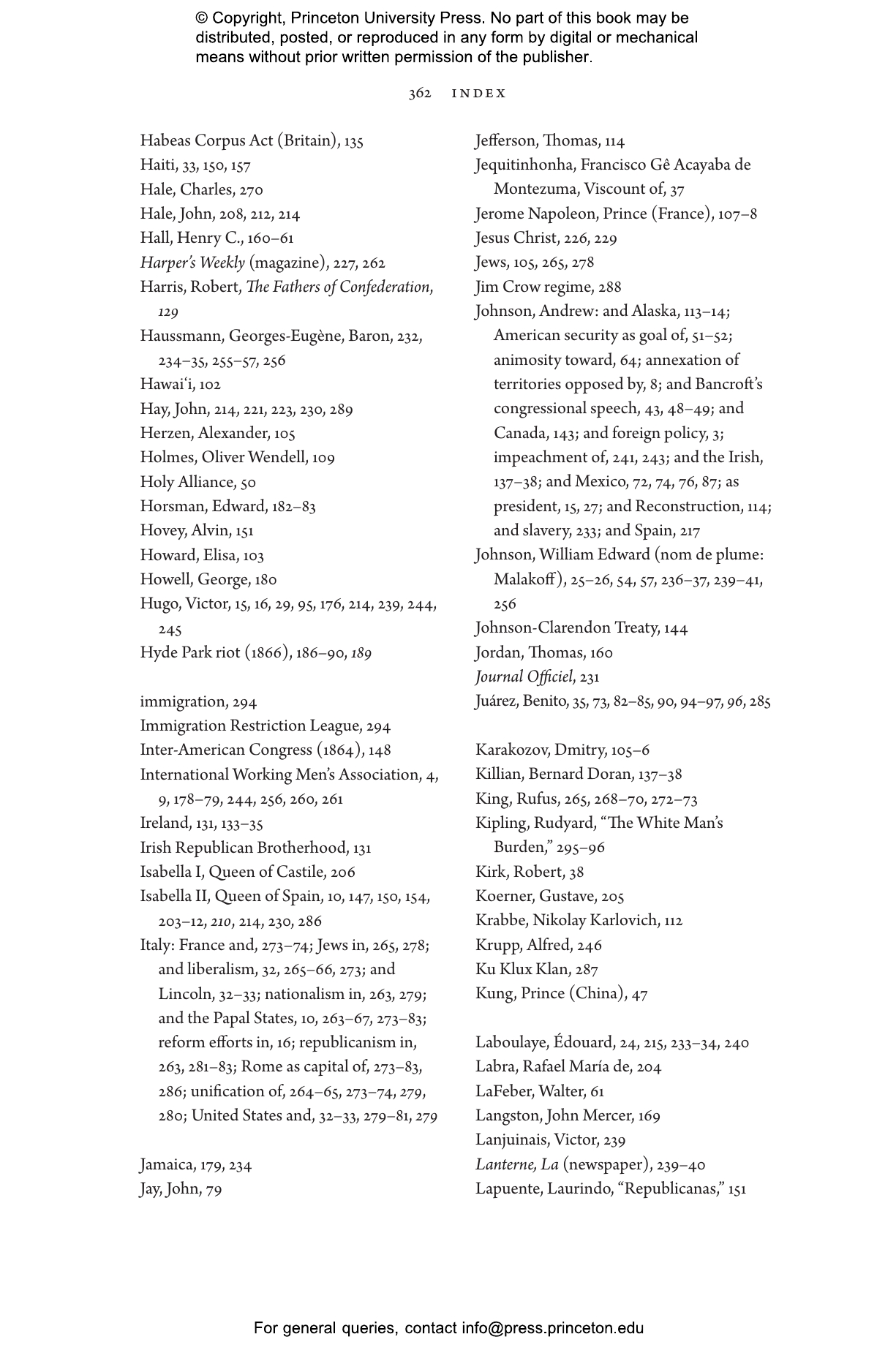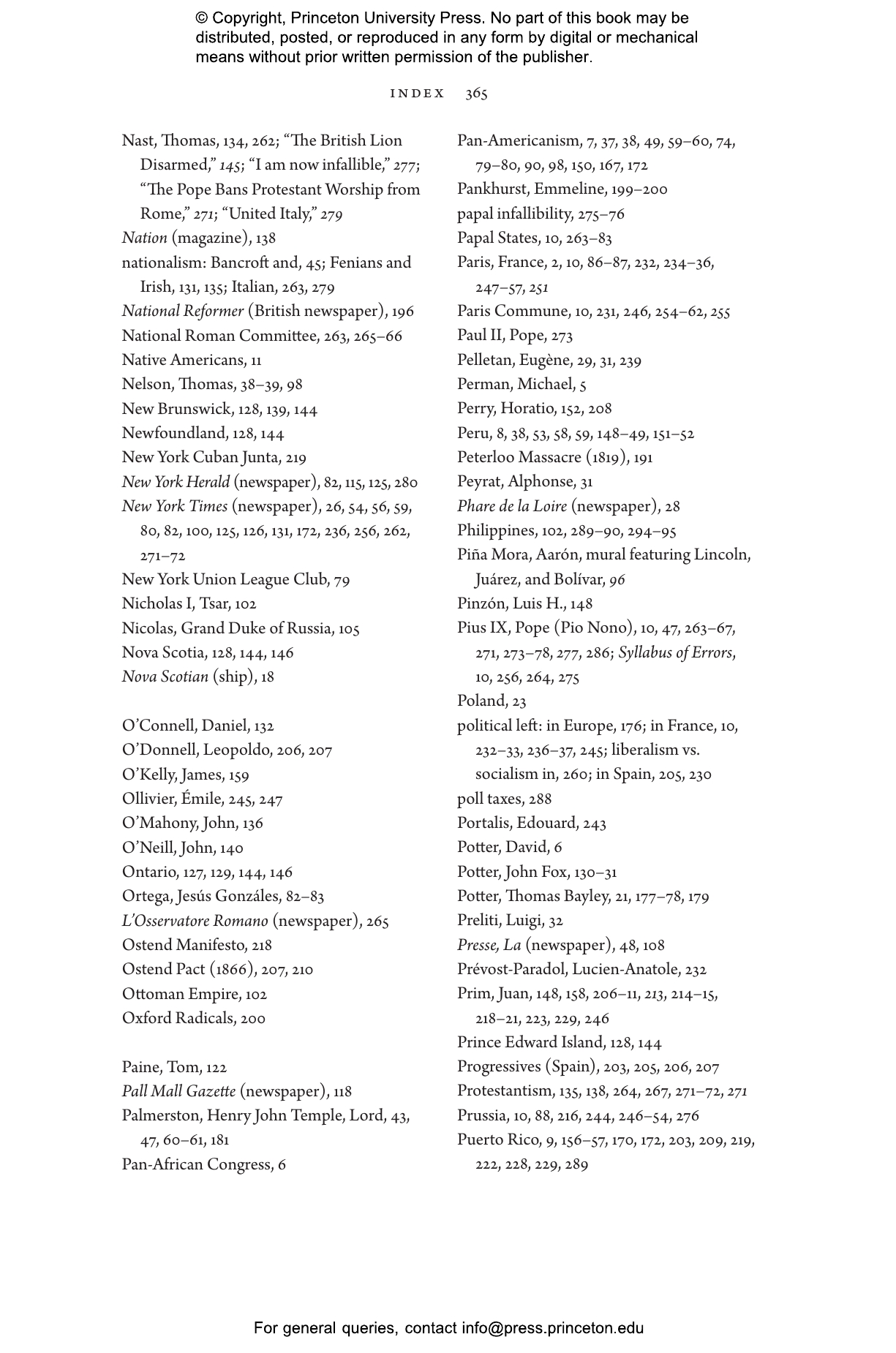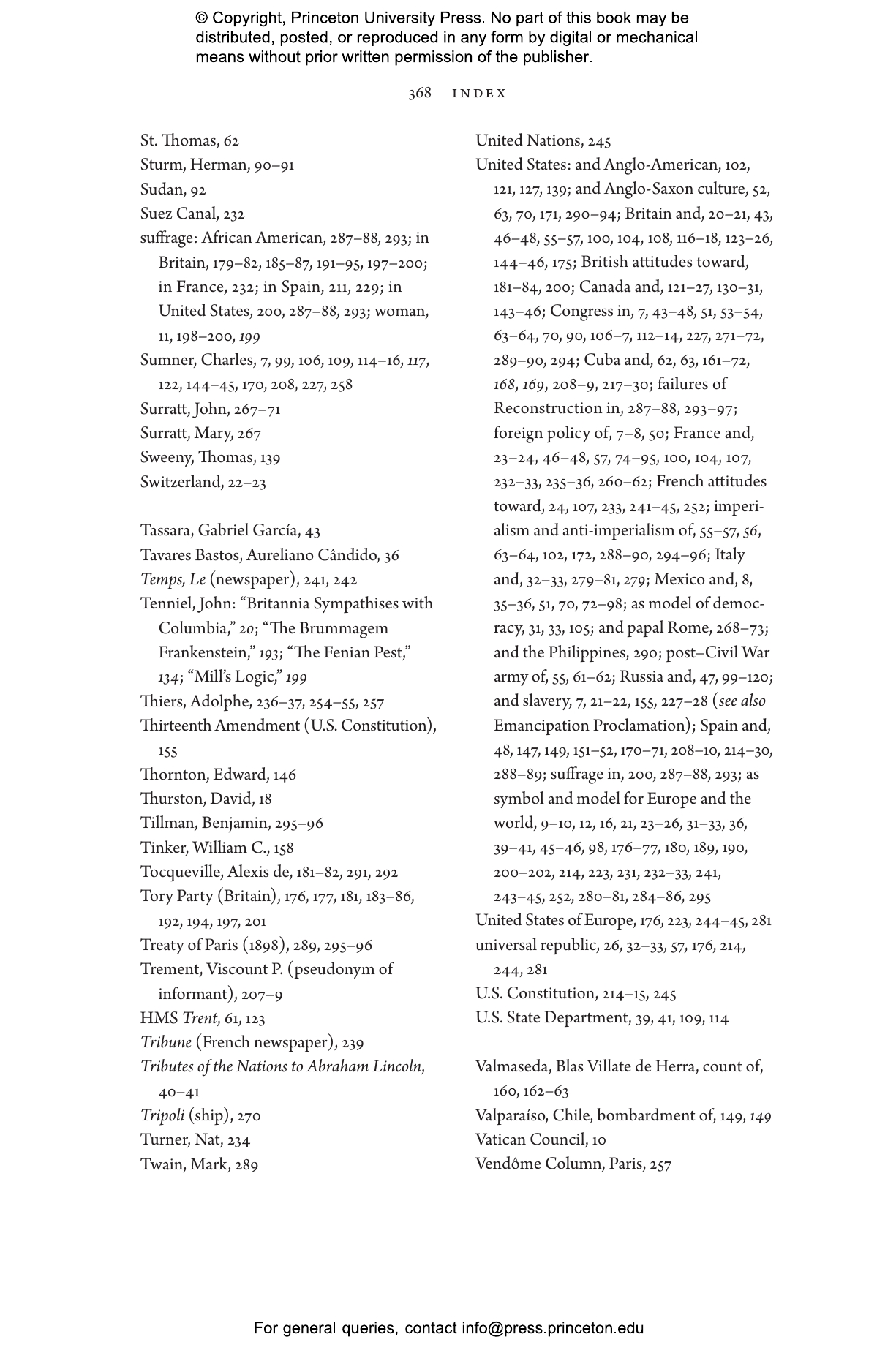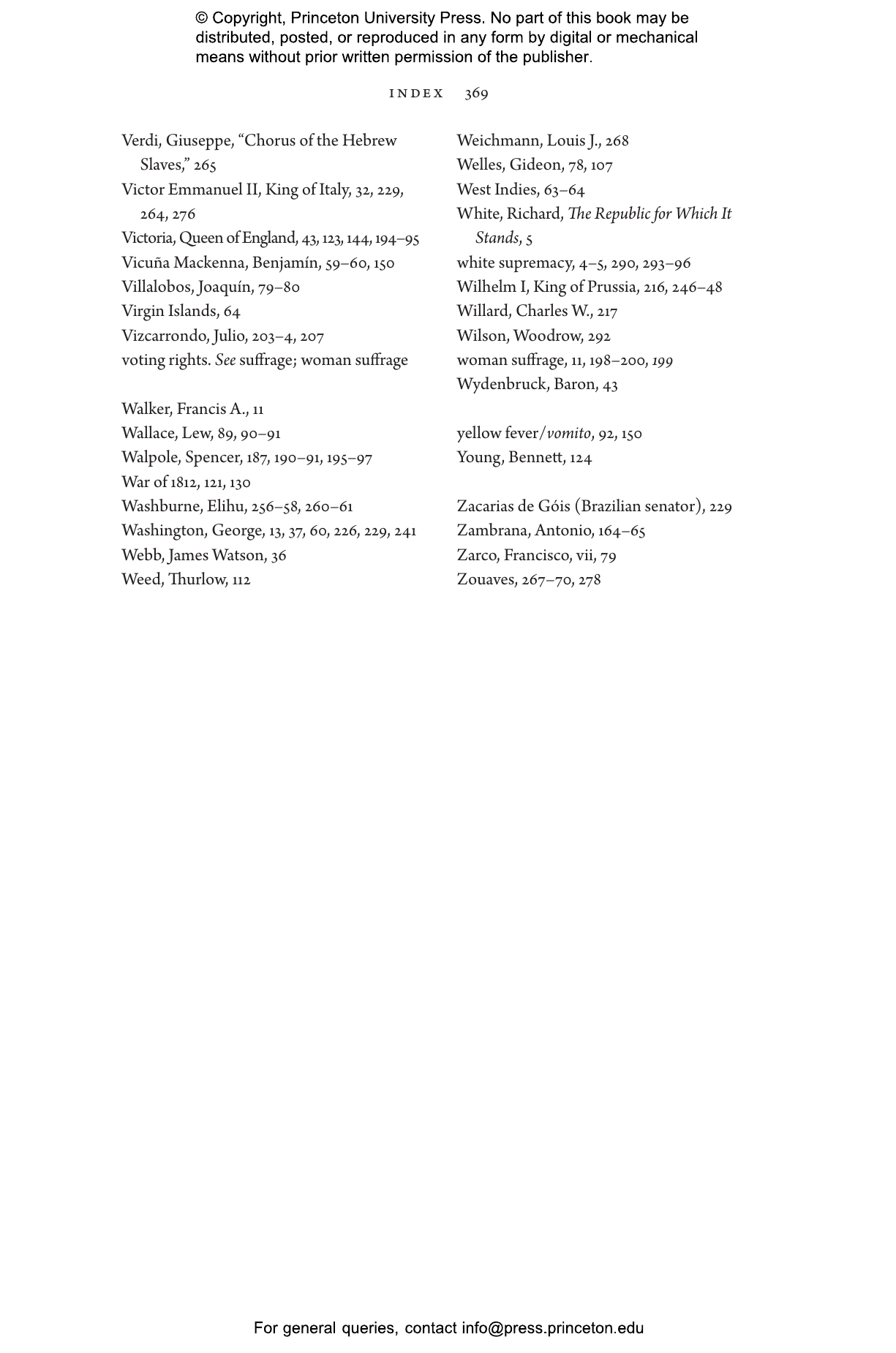The Age of Reconstruction looks beyond post–Civil War America to tell the story of how Union victory and Lincoln’s assassination set off a dramatic international reaction that drove European empires out of the Americas, hastened the end of slavery in Latin America, and ignited a host of democratic reforms in Europe.
In this international history of Reconstruction, Don Doyle chronicles the world events inspired by the Civil War. Between 1865 and 1870, France withdrew from Mexico, Russia sold Alaska to the United States, and Britain proclaimed the new state of Canada. British workers demanded more voting rights, Spain toppled Queen Isabella II and ended slavery in its Caribbean colonies, Cubans rose against Spanish rule, France overthrew Napoleon III, and the kingdom of Pope Pius IX fell before the Italian Risorgimento. Some European liberals, including Victor Hugo and Giuseppe Mazzini, even called for a “United States of Europe.” Yet for all its achievements and optimism, this “new birth of freedom” was short-lived. By the 1890s, Reconstruction had been undone in the United States and abroad and America had become an exclusionary democracy based on white supremacy—and a very different kind of model to the world.
At home and abroad, America’s Reconstruction was, as W.E.B. Du Bois wrote, “the greatest and most important step toward world democracy of all men of all races ever taken in the modern world.” The Age of Reconstruction is a bracing history of a remarkable period when democracy, having survived the great test of the Civil War, was ascendant around the Atlantic world.
Awards and Recognition
- A Choice Outstanding Academic Title of the Year
Don H. Doyle is the author of The Cause of All Nations: An International History of the American Civil War and other books on America and the world in the Civil War and Reconstruction era. He is professor emeritus of history at the University of South Carolina and has had visiting appointments at universities in Britain, Italy, France, and Brazil.
"In The Age of Reconstruction, Don Doyle, a history professor emeritus at the University of South Carolina, sets out to reveal a neglected aspect of Reconstruction—its revolutionary effects beyond America’s shores. . . . Reconstruction may have had a more lasting success abroad, as Mr. Doyle so vividly shows, by inspiring a generation of diverse and forward-looking leaders."—Fergus Bordewich, Wall Street Journal
"A compelling new history of Reconstruction. . . . Highly recommended."—Choice Reviews
"The Age of Reconstruction is ambitious and wide-ranging and the author skilfully combines the history of ideas with that of international relations."—Leslie Jones, Quarterly Review
“With this pathbreaking transnational history of Reconstruction and its impact on the Euro-American world, Don Doyle has provided us with a much-needed sequel to The Cause of All Nations, his acclaimed international history of the U.S. Civil War. By thoroughly investigating the myriad ideological and political links between the United States and a host of democratic movements, initiatives, and ideas in Europe and the Americas, The Age of Reconstruction demonstrates that it is now impossible to think about the United States after Lincoln in isolation from the Euro-American context.”—Enrico Dal Lago, University of Galway
“By tracing the reverberations of Union victory and Reconstruction beyond the borders of the United States, The Age of Reconstruction shows how the convoluted efforts to put a shattered Union back together turned the United States into an instigator of freedom and the precursor of a more democratic world, if for a brief moment.”—Erika Pani, El Colegio de México
“In this gem of a book, Don Doyle uncovers the largely untold international history of American Reconstruction. Significantly, he reveals the worldwide struggle for democracy inaugurated by Lincoln and Reconstruction, which was overthrown at home and abroad by racist reaction and the quest for empire. At this fraught moment in U.S. and global history, this revelatory book and its lessons could not be timelier.”—Manisha Sinha, author of The Rise and Fall of the Second American Republic: Reconstruction, 1860–1920


